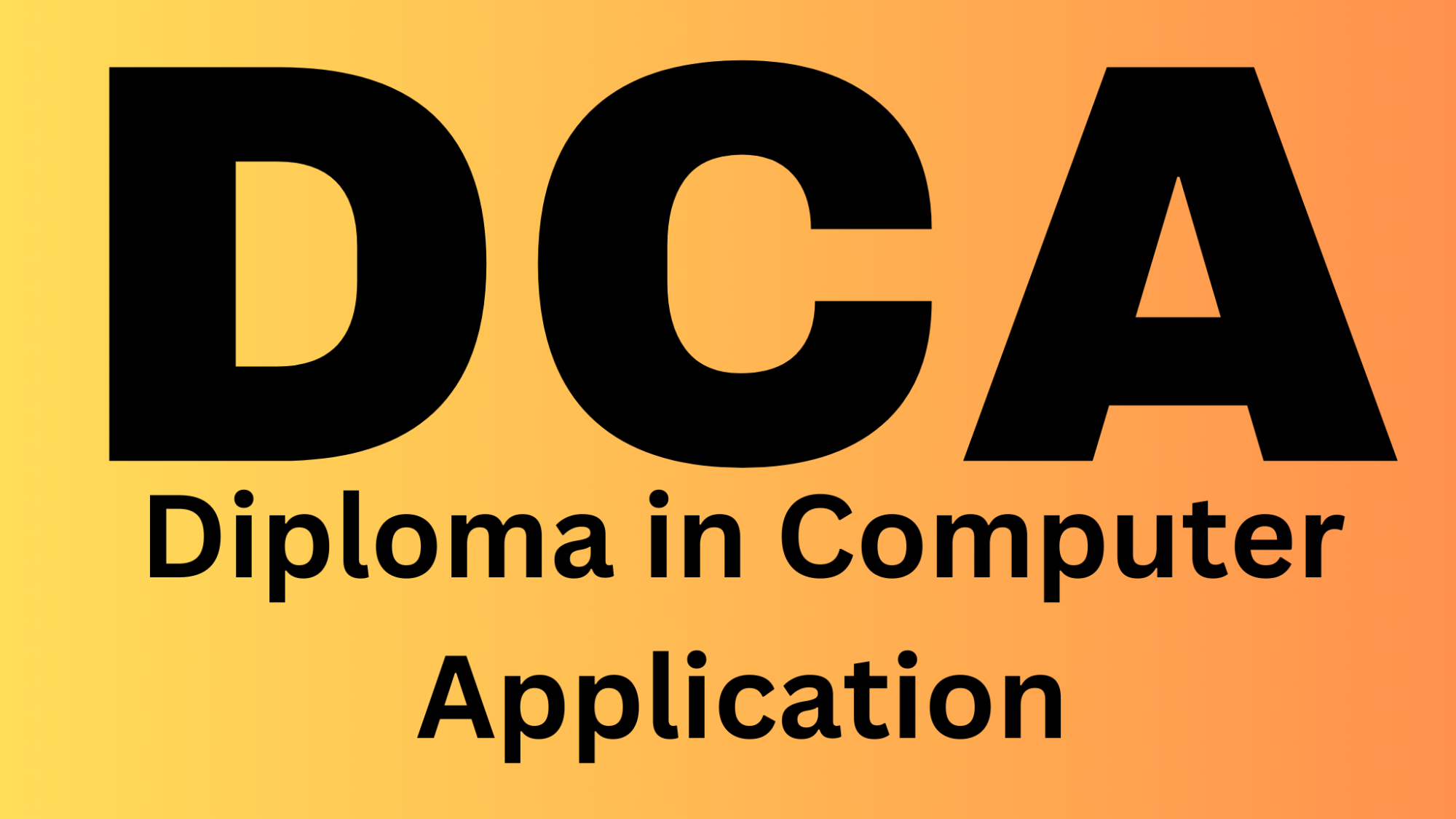
"Comprehensive Guide to the DCA (Diploma in Computer Applications) Course"
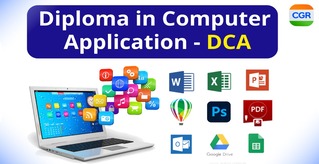
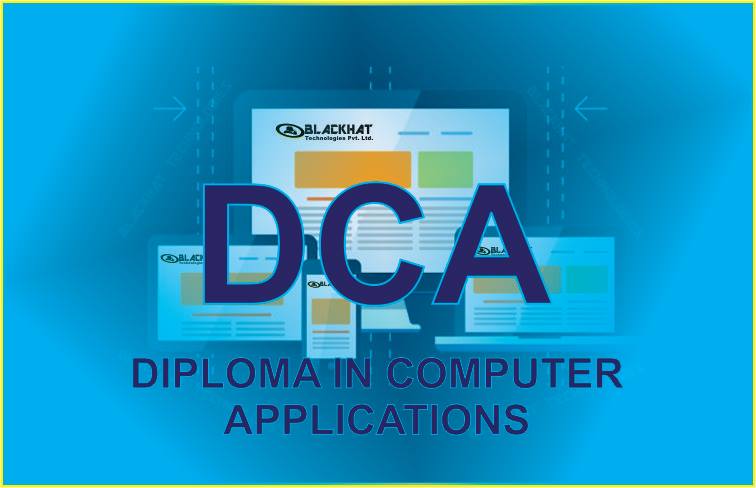
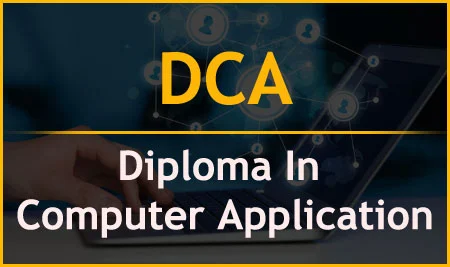
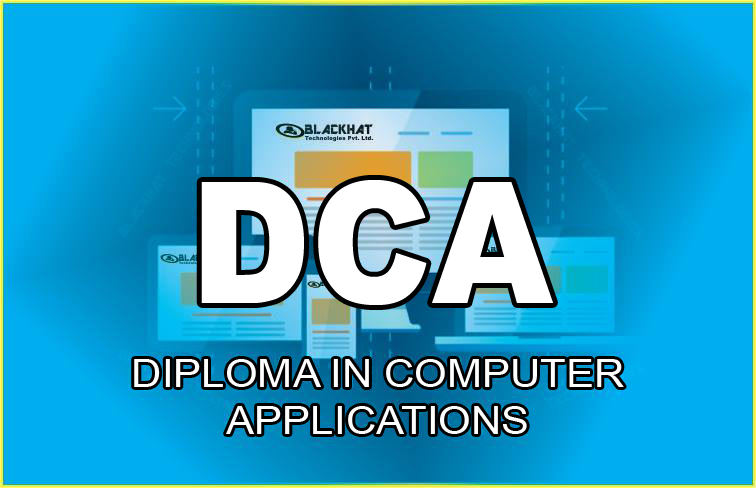
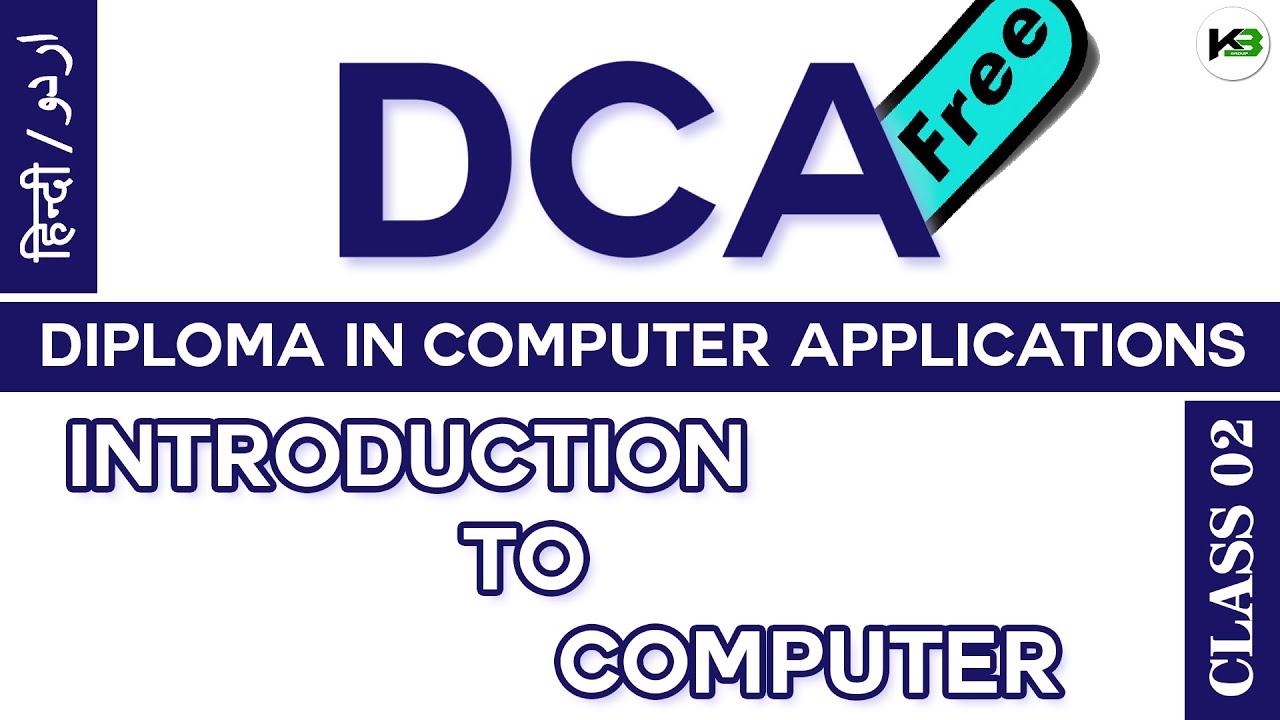
"Understanding the DCA Course: A Diploma in Computer Applications"
-
Duration: The DCA program typically lasts for one year, divided into two semesters.
-
Eligibility: The basic eligibility for enrolling in a DCA course is a high school diploma (10+2) or equivalent from a recognized board. No prior technical knowledge is required, making it accessible to students from various academic backgrounds.
-
Curriculum: The DCA course curriculum covers a wide range of topics, including:
- Fundamentals of Computers: Understanding basic computer operations, hardware, and software components.
- Operating Systems: Introduction to operating systems like Windows and Linux.
- Programming Languages: Basic programming concepts using languages such as C, C++, or Python.
- Database Management: Learning to work with databases, including data storage, retrieval, and manipulation using SQL.
- Web Development: Introduction to web technologies, including HTML, CSS, and basic web design principles.
- Office Automation Tools: Training in commonly used office applications like Microsoft Word, Excel, and PowerPoint.
- Networking Basics: Overview of computer networks, internet technologies, and cybersecurity fundamentals.
01.
Fundamentals of Programming
Introduction to programming languages such as C, C++, and Python
02.
Introduction to Computers
Understand the basic concepts of computers, their evolution, and their role in various industries.
Frequently Asked Question
- Learn the concepts of data storage, retrieval, and manipulation using Structured Query Language (SQL).
Gain proficiency in using various operating systems, with a focus on Windows and Linux.